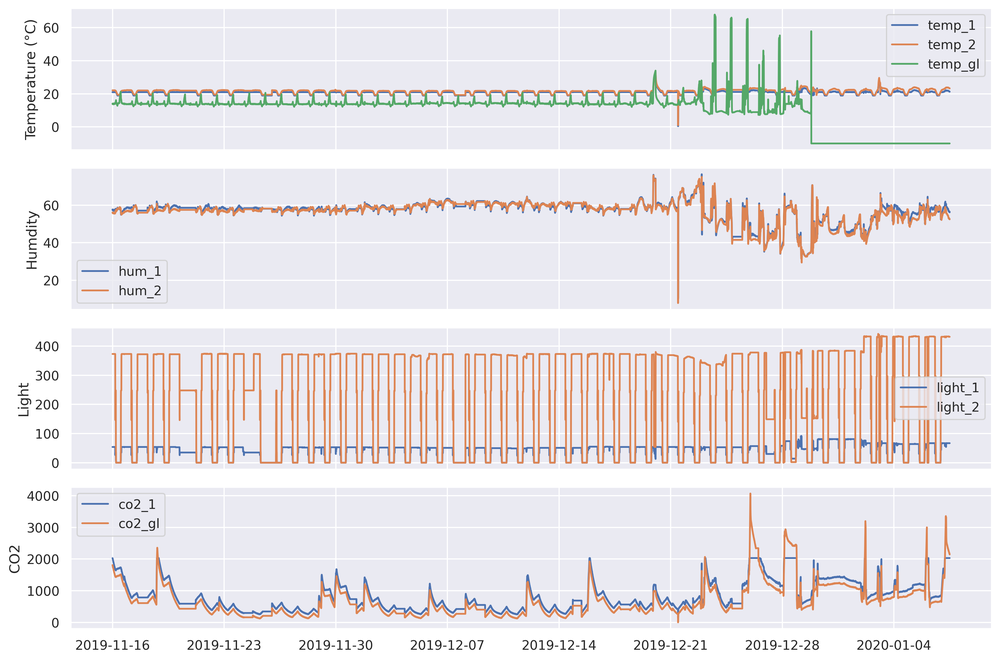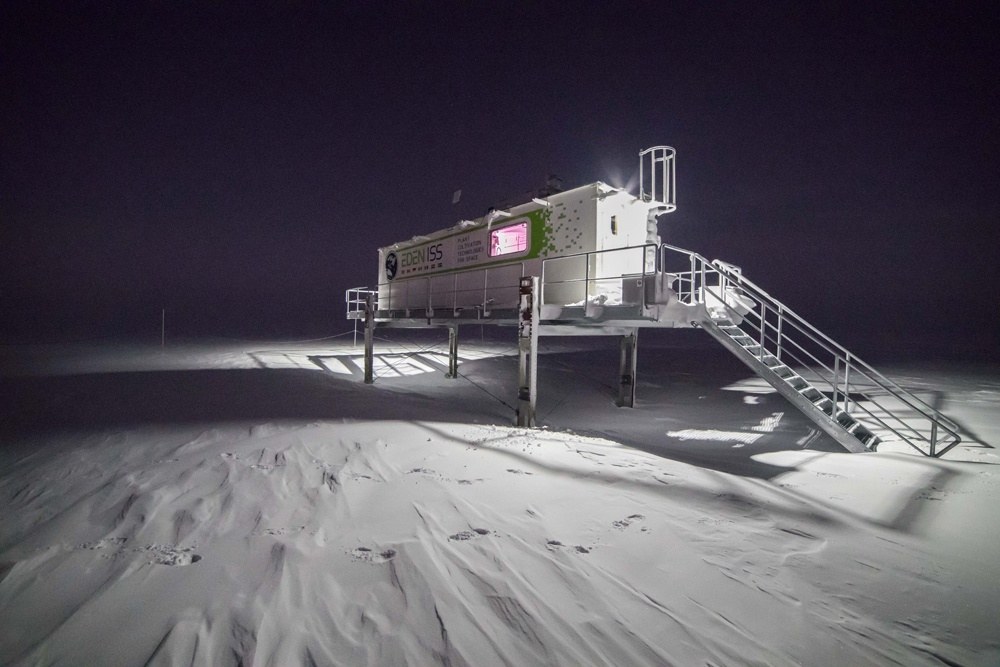EDEN NEXT GEN
Driven by scientific, commercial, or exploration-motivated missions, astronauts will live and work in habitats on other planets in the future. Bio-regenerative life support systems (BLSS) will be used within these habitats to close material cycles such as for breathing air, water, biomass and waste. A greenhouse module can perform essential functions here such as converting human urine into fresh food when Controlled Environment Agriculture (CEA) technologies are coupled with C.R.O.P.® biofilters.
The overall goal of the EDEN NEXT GEN project is the design as well as the detailed analysis of all essential subsystems of an integrated BLSS demonstrator. Within the project, the analysis of the produced scientific data as well as the technical telemetry data will be performed using machine learning. The main focus is thereby on the detection of anomalies in environmental parameters as well as in plant growth in order to be able to counteract if necessary. Since real data is usually not perfectly suited for machine learning in an ad-hoc manner, we are concerned with the development of robust learning methods for the analysis of the existing data as well as the application of the models to live data of the demonstrator.



